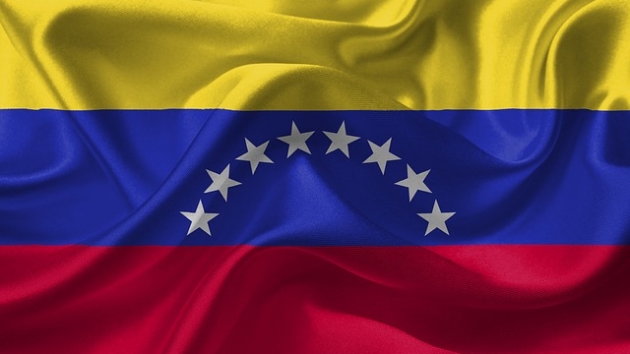Venezuela: A Case Study On What Happens When Gun Rights Are Trampled.
With all deference to hunters and sportsmen, it wasn’t their right to hunt that inspired James Madison and our nation’s First Congress to include the Second Amendment in their proposed Bill of Rights. There’s was a much greater concern, that of checking the power of a potentially tyrannical state. The modern left dismisses this argument as nonsensical, superfluous, and yes, even hysterical. But despite its foolish attempts at diminishing the importance of gun ownership as a check on government, the fact still remains that the concern was central in the minds of the Framers. Perhaps Noah Webster, that great American scholar and teacher whom we have all come to know by way of his dictionary, put it best when he wrote, “The supreme power in America cannot enforce unjust laws by the sword; because the whole body of the people are armed, and constitute a force superior to any band of regular troops.”
Indeed, history has seen the pattern of gun right suppression in coordination with the rise of tyranny and oppression play out time and again. China, Nazi Germany, communist Cuba, Russia, North Korea are but a few examples. In fact, in keeping with Webster’s observation, the propagation of a dictatorship would be difficult to conceive if imposed upon a well-armed population. And now, as we witness the financial and societal collapse of our southern neighbor, it is evident that Venezuela is no exception.
In 2012, Venezuela’s, communist National Assembly banned gun ownership. The stated reason for such an intervention is the oft-quoted safety argument. In 2011, 40% of Caracas’s homicides were robbery related with armed robberies accounting for 70% of all major crimes.
Predictably, the government’s call for voluntary disarmament produced virtually no results, leading to the forcible confiscation of 12,603 firearms in 2013 alone.
The result? A rise in violence against police officers, and most ominously, a rise in violence by the state against its own citizens.
In 2015 alone, 252 law enforcement officers were killed in Venezuela. Why? Well, in Venezuela, police officers are targeted for their firearms![1]
Additionally, when Venezuelans took to the streets to protest the “unjust laws” of which Webster wrote centuries ago, the state used live ammunition to quiet them down. And like Cuba, Maduro’s regime established a group of colectivos, groups of local individuals charged with the implementation and enforcement of Maduro’s policies, except that, in Venezuela, 400,000 of them were officially armed and allowed to “carry out the regime’s rule by violence.”
And what about the national homicide rate? The rate government was trying to suppress? It actually rose from 73 per 100,000 in 2012 right before the ban was implemented to 90 per 100,000 in 2015. In fact, in 2015 Venezuela faced the world’s highest homicide rate with 27,875 murders.
There are elements within our country obsessed with restricting our gun rights. Yes, there are sections in our country where gun violence reigns supreme. And yes, the recurrently played out stories of senseless killings and associated suffering is tragic beyond words. But there is no greater tragedy than a people who once given freedom are robbed of their liberties in pursuit of false assurances of safety and protection.
Truly, Madison was not thinking of our right to hunt when he penned our Second Amendment. He was thinking of much more ominous possibilities, the same eventualities that inspired Thomas Jefferson to proclaim, “it is [our] right and [our] duty to be at all times armed.”
The Author acknowledges the work of David Kopel and Vincent Harinam, cited below, on which the Author relied heavily.
[1] David Kopel, Vincent Harinam, In The Wake Of A Gun Ban Venezuela Sees Rising Homicide Rate, The Hill, April 19, 2018.
RELATED ARTICLES:
Countries Where Citizens Don’t Have Guns and Become Subjects
The Second Amendment Now Applies To More Than Just Firearms.
EDITORS NOTE: This The Federalist Pages column is republished with permission. The featured image is from Pixabay.



Leave a Reply
Want to join the discussion?Feel free to contribute!